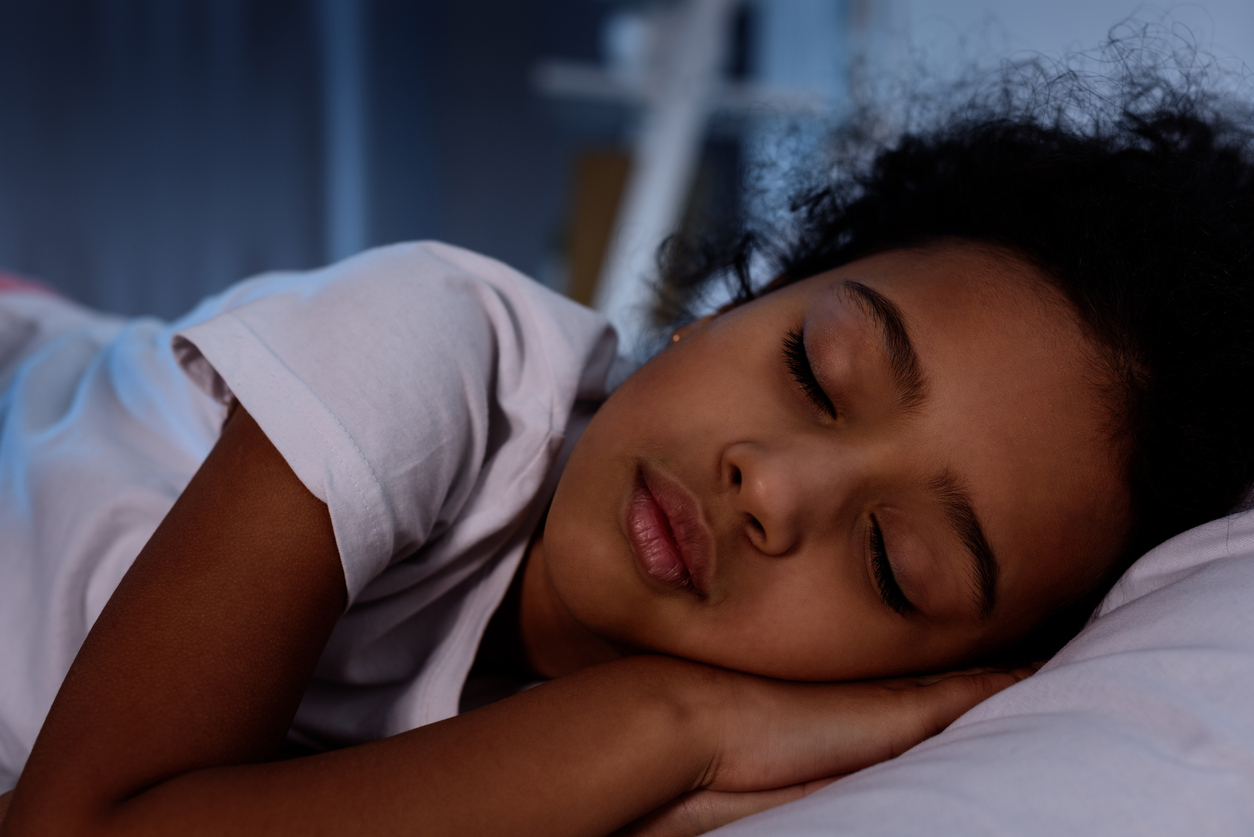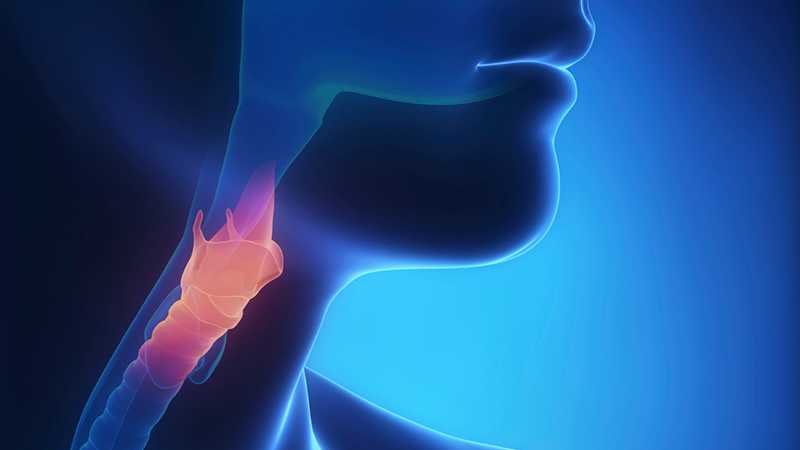
Dr. Julia Upton
Ask the allergist is a new section we’ll be featuring monthly where Dr. Julia Upton answers your questions! Dr. Julia Upton is a Canadian allergist who is on staff at Toronto’s SickKids Hospital in the Immunology and Allergy Department. She is an Assistant Professor in the Department of Paediatrics at the University of Toronto and is the Section Chair of Food Allergy and Anaphylaxis with the CSACI.
This month she answers questions about oral immunotherapy.
Please note: Dr. Upton is answering as an individual allergist and her answers do not constitute an official position of her affiliated organizations. Her responses are for informational purposes only and do not constitute medical advice, recommendations, diagnosis, or treatment. Please talk to your doctor about any concerns or questions you may have regarding your own health or the health of your child.
To learn more about this emerging therapy, please check out Dr. Upton’s recent webinar “What is oral immunotherapy?“.
November 2018 – At the time of writing, there are no set protocols for oral immunotherapy (“OIT”). As such, no professional allergy association in North America has endorsed the practice. In Canada, there is no billing code under the provincial insurance systems to cover OIT.
Knowledge about oral immunotherapy is constantly evolving, and information can change. Those interested in OIT should consult with their physician or researchers.
OIT research studies are registered on www.clinicaltrials.gov.
1. How does the allergist determine whether or not my child is a good candidate for oral immunotherapy (OIT)? Can that change?
In research studies, the research team will decide whether your child is a candidate for OIT. Personally, I do not at this time offer OIT outside of studies.
While there are no current North American guidelines, some practicing allergists in the USA provide information on the type of patient for whom they believe OIT in the office might be suitable. It is summarized in the webinar I presented about OIT, and you can also review the information here: https://www.annallergy.org/article/s1081-1206(18)30483-6/fulltext
2. Is OIT only for young children or can teens and young adults participate too? How young is too young?
 As there are no current guidelines that stipulate the age of patients who can participate in OIT, this will be a decision made in consultation with your/your child’s physician or research team.
As there are no current guidelines that stipulate the age of patients who can participate in OIT, this will be a decision made in consultation with your/your child’s physician or research team.
There are two schools of thought when considering young children for OIT. As many may outgrow their allergy naturally, some physicians are hesitant to put young children through a time-consuming process. On the other hand, as it’s hard to predict who will outgrow their allergy, some physicians wonder if young children may be more likely to benefit from OIT because of their immature immune system. There is ongoing research evaluating the long-term effectiveness of OIT in young children, such as the IMPACT study, so we hope to have more information in the future.
3. Could OIT worsen an existing allergy?
 The current knowledge of OIT is that people on OIT are still allergic to the food. OIT increases the amount of food a person can eat before they have an allergic reaction. They are still allergic to the food, they just react at a higher amount of food than they did prior to OIT.
The current knowledge of OIT is that people on OIT are still allergic to the food. OIT increases the amount of food a person can eat before they have an allergic reaction. They are still allergic to the food, they just react at a higher amount of food than they did prior to OIT.
There are allergic reactions on OIT. Therefore, it depends on what is meant by “worsen the allergy”. Individuals starting OIT are expected to have more allergic reactions than if they are deliberately avoiding the food. In studies, these allergic reactions on OIT decrease overtime, but do not go away.
About 20% of people who start OIT stop the therapy due to side effects. Those who are able to continue need to regularly consume the allergenic food for many years or their entire lifetime.
While OIT may increase the amount of the allergenic food an individual can eat, the allergy is still there. It may take a higher dose of a food to cause a reaction than if the person was not undergoing OIT. We know from studies that the amount of food needed to cause an allergic reaction decreased in those who stopped eating the food, resulting in allergic reactions. Allergic reactions can also happen when on OIT because illnesses, exercise, and other factors can reduce the amount of food needed to have an allergic reaction. Therefore, many studies advise to continue eating the OIT food and some also advise to continue to practice allergen avoidance even when on OIT.
Another concern is the potential development of a condition called Eosinophilic Esophagitis or “EoE” which causes inflammation of the esophagus (the tube that sends food from mouth to stomach). See question 6 below for more details.
4. How are seasonal allergies managed while on OIT? For example, can you continue to be on daily anti-histamines while on OIT?
If you are going through OIT you should discuss questions about medications with your research team or physician as there are no guidelines for OIT currently.
5. Is it safe to dose before bed?
 Speak with your/your child’s research team or physician about the dosing schedule, i.e. amount and when to give food. Often the advice is that the person needs to be observed for a period of time for allergic side effects after the OIT dose so dosing just before bed may not be advised.
Speak with your/your child’s research team or physician about the dosing schedule, i.e. amount and when to give food. Often the advice is that the person needs to be observed for a period of time for allergic side effects after the OIT dose so dosing just before bed may not be advised.
6. Is Eosinophilic Esophagitis (EoE) a risk for in kids undergoing OIT or other types of immunotherapy such as the peanut patch?
While exact numbers are not known, based on recent studies, approximately 2.7% to 7.0% of those on OIT develop EoE, so EoE is considered a risk factor for people undergoing OIT.
Gastrointestinal (GI) symptoms are usually the main reason for lowering doses or stopping OIT and most who develop GI symptoms while on OIT are not formally evaluated for EoE. Therefore, the number of people experiencing EoE on OIT may be higher than we think.
Some people with food allergy, who are not undergoing OIT, also develop EoE.
Epicutaneous immunotherapy (EPIT) has not at this time been associated with EoE.
Thank you Dr. Upton for your valuable insight and taking the time to answer the top questions on OIT!
Check out this Science magazine article to read more about OIT. Plus be sure to watch our recorded webinar on OIT that Dr. Upton presented last month.
Do you have a question you’d like to ask Dr. Upton in the months to come? If so, please send it along to us at info@foodallergycanada.ca.
Tags: ask the allergist, dr upton, OIT, Oral Immunotherapy
